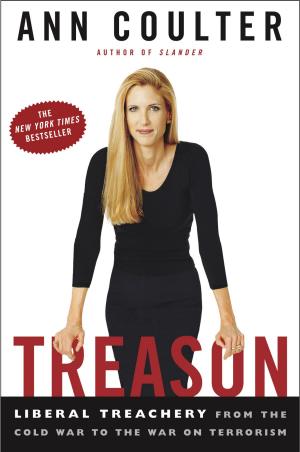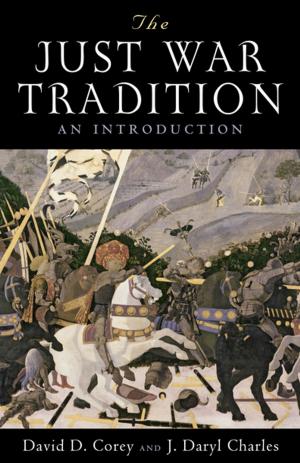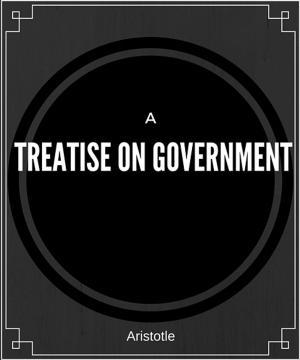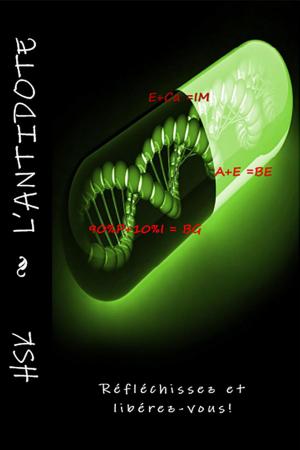A 21st Century Manifesto for Liberty
Nonfiction, Social & Cultural Studies, Political Science, Government, Social Policy, Religion & Spirituality, Philosophy, Political| Author: | TaraElla | ISBN: | 9781311022448 |
| Publisher: | TaraElla | Publication: | May 7, 2016 |
| Imprint: | Smashwords Edition | Language: | English |
| Author: | TaraElla |
| ISBN: | 9781311022448 |
| Publisher: | TaraElla |
| Publication: | May 7, 2016 |
| Imprint: | Smashwords Edition |
| Language: | English |
What does liberal mean? There can be no agreement, it seems. It all goes back to a historical split in liberalism, actually. Since most democracies functioned on a two-party system, alliances had to be chosen. Once liberalism had split, instead of choosing each other, welfare liberals chose to side with socialists and social democrats, and small government liberals, now often called libertarians, chose to side with conservatives.
If liberals, left-liberals and right-liberals alike, share something in common, it's the fundamental belief in liberty. Liberalism is unlike any other ideology, in that it does not seek to use government to social engineer a certain type of society. Right-liberals or libertarians simply don't believe in government intervention, and if left-liberals believe in government intervention, it's for the sake of liberty. It's high time the true meaning of liberalism as a core belief is recognised again, even though its various implementations may mean liberals often take opposite sides in politics. Even though liberals are now divided across the partisan spectrum, they should work within their respective parties to ensure the most liberal outcomes. If that can happen, we will certainly have a high degree of liberalism in society, and hence a much more adaptive society, no matter which party is in government.
This book is all about ideas that can bring liberals back to their roots and back together.
What does liberal mean? There can be no agreement, it seems. It all goes back to a historical split in liberalism, actually. Since most democracies functioned on a two-party system, alliances had to be chosen. Once liberalism had split, instead of choosing each other, welfare liberals chose to side with socialists and social democrats, and small government liberals, now often called libertarians, chose to side with conservatives.
If liberals, left-liberals and right-liberals alike, share something in common, it's the fundamental belief in liberty. Liberalism is unlike any other ideology, in that it does not seek to use government to social engineer a certain type of society. Right-liberals or libertarians simply don't believe in government intervention, and if left-liberals believe in government intervention, it's for the sake of liberty. It's high time the true meaning of liberalism as a core belief is recognised again, even though its various implementations may mean liberals often take opposite sides in politics. Even though liberals are now divided across the partisan spectrum, they should work within their respective parties to ensure the most liberal outcomes. If that can happen, we will certainly have a high degree of liberalism in society, and hence a much more adaptive society, no matter which party is in government.
This book is all about ideas that can bring liberals back to their roots and back together.















